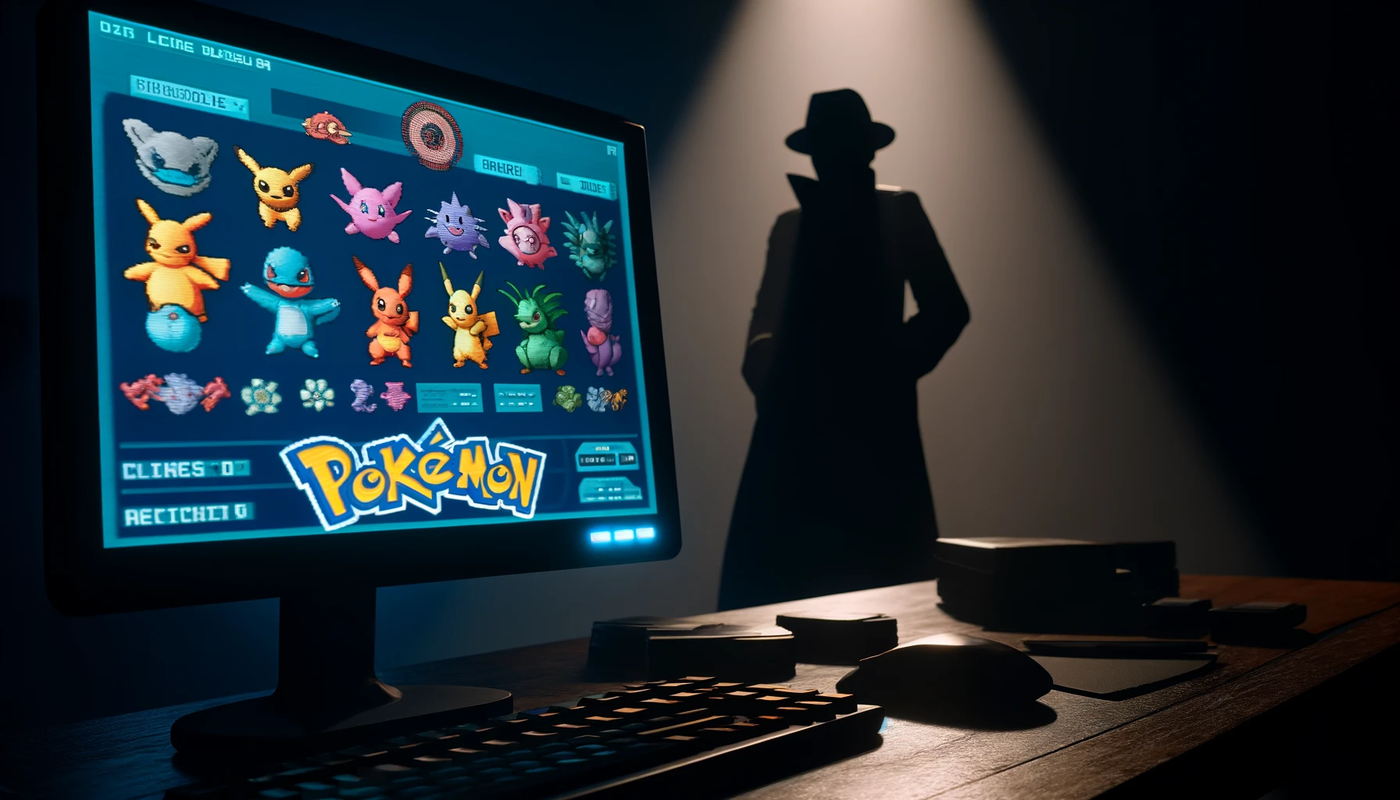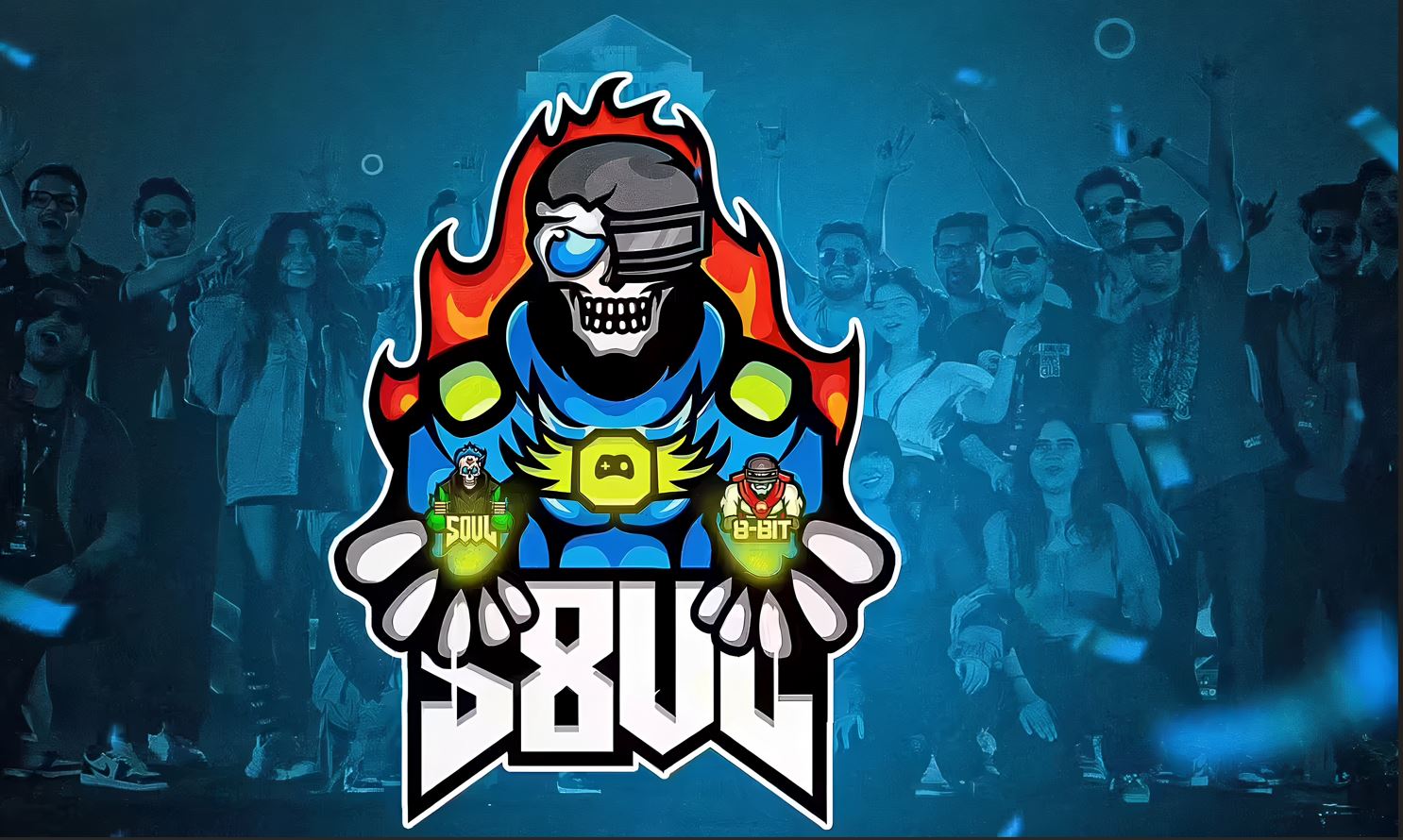A 36-year-old man from Uji City, Kyoto, named Yoshihiro Yamakawa, has been arrested for illegally altering Pokémon Scarlet and Violet game data and selling the modified Pokémon online. This arrest highlights the ongoing issues related to the black market demand for rare Pokémon, which some players are unable to obtain through normal gameplay.
Details of the Arrest
Yamakawa was apprehended on April 9 following a cyber patrol operation by Japanese police. Investigations revealed that he utilized special software tools to modify the save data of Pokémon games, enabling him to customize Pokémon according to customer specifications. This included altering the Pokémon's appearance and ensuring the availability of typically hard-to-find creatures.
According to reports by NHK News and the Asahi Shimbun, between December 2022 and March 2023, Yamakawa sold these hacked Pokémon for as much as 13,000 yen each (approximately $85). He also offered package deals, such as six modified Pokémon for 4,000 yen (around $30). Following his arrest, Yamakawa confessed to the activities, citing financial motivations.
Legal Consequences and Broader Impact
Yamakawa's actions constitute a violation of Japan’s Unfair Competition Prevention Act. If convicted, he faces up to five years in prison, a fine of over 5 million yen (more than $32,600), or both. The investigation remains active, with authorities exploring the full extent of his operations, which may have yielded profits amounting to millions of yen.
Previous Incidents and Company Measures
This is not the first such incident in Japan; a similar arrest was made in 2021 involving the hacking of Pokémon Sword and Shield game data. In response to these recurrent issues, The Pokémon Company has intensified efforts to combat the unauthorized modification of game data.
Cultural Impact and Previous Pokémon-Related Crimes
The immense popularity of the Pokémon franchise has not only led to a vibrant global fan community but also to various criminal activities, from high-value thefts of collectibles to more bizarre incidents like the case of two police officers fired for playing Pokémon Go during duty hours.
The ongoing situation underscores the challenges gaming companies face from both security and community management perspectives, especially as digital and physical merchandise related to popular franchises can fetch high prices on the black market. The case also raises questions about the lengths to which fans might go to acquire rare game elements and the ethical implications of such actions.











